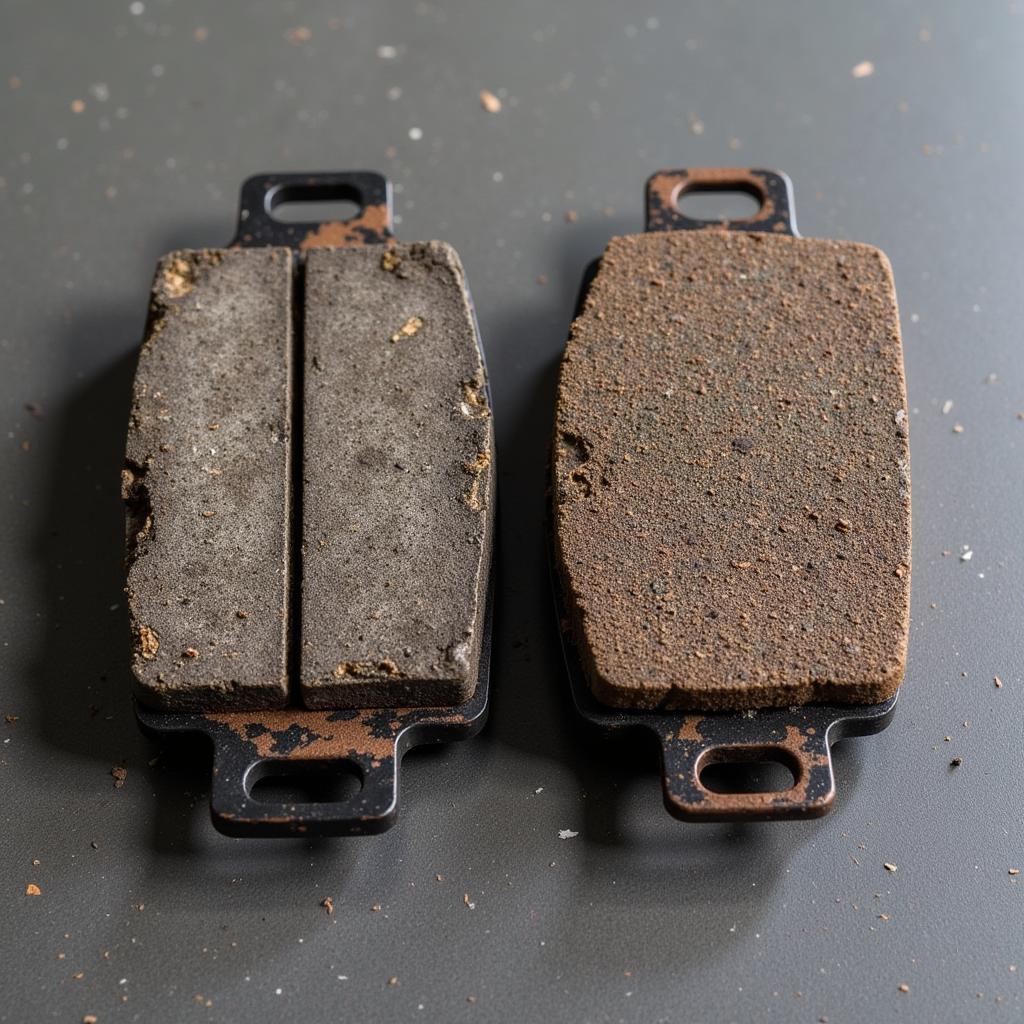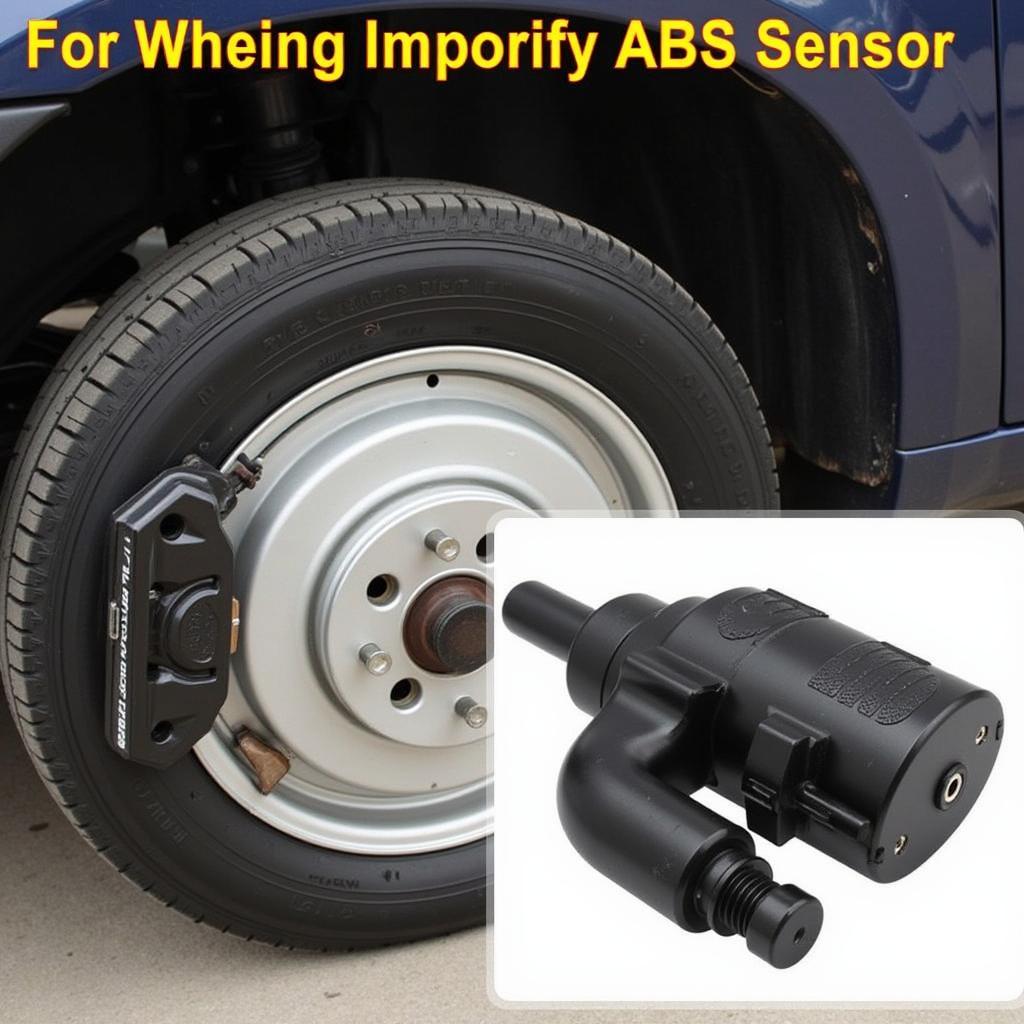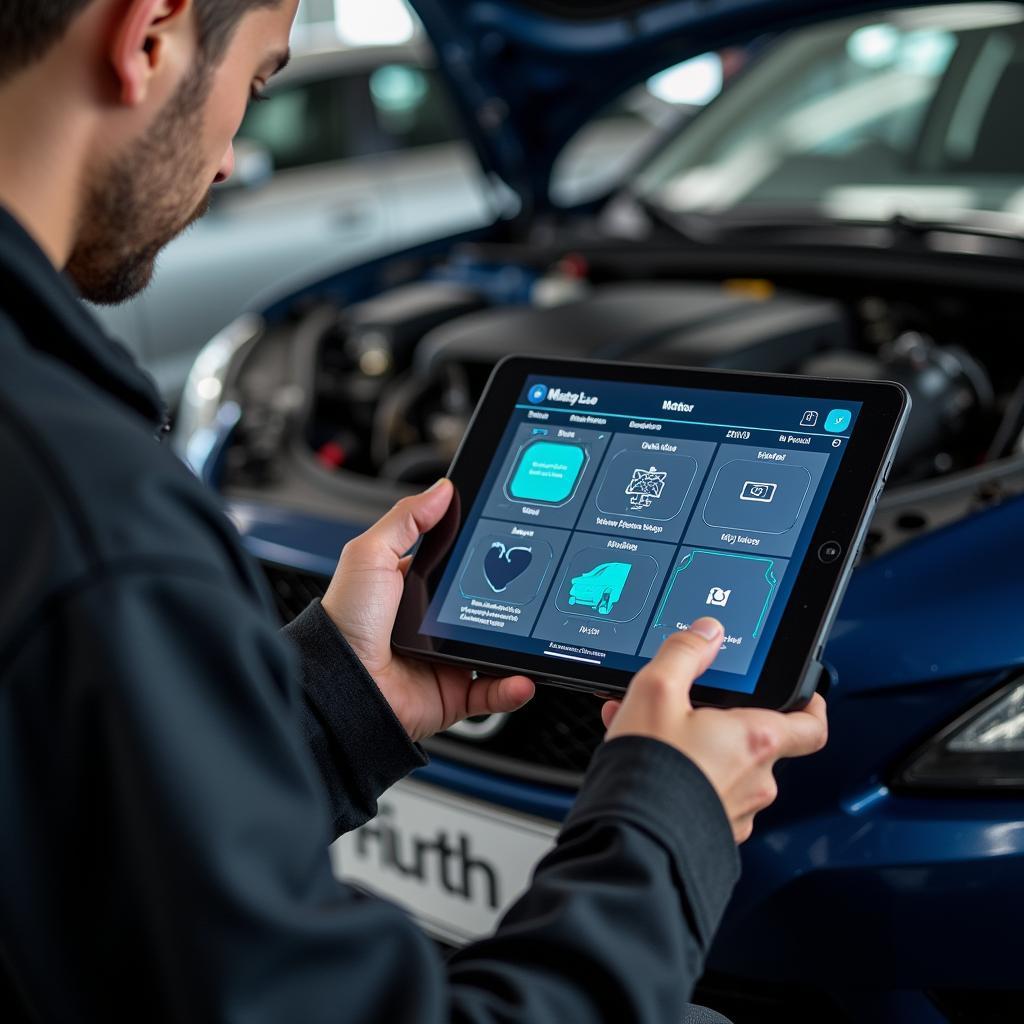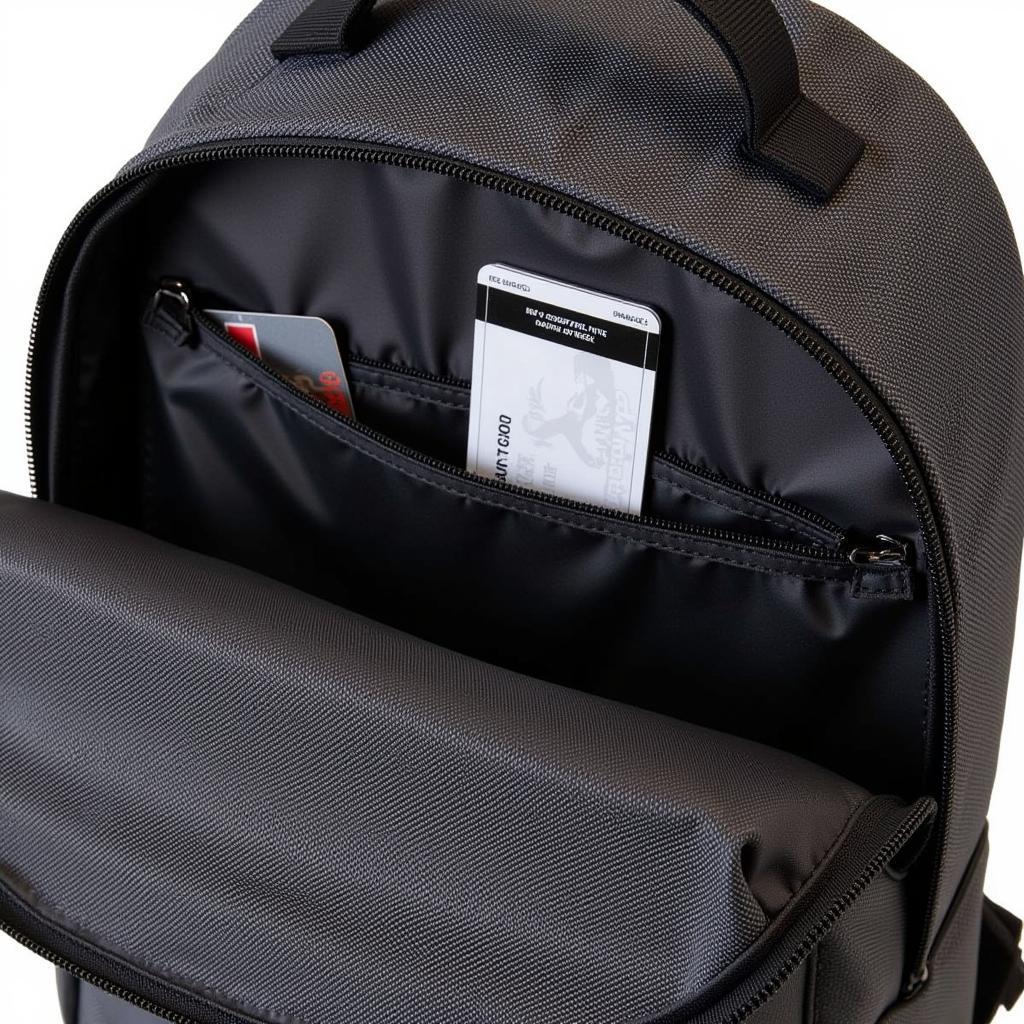You’re driving along, enjoying the scenery, when suddenly, you see it – the dreaded brake warning light flashing on your dashboard. Then, just as quickly, it’s gone. Should you ignore it or head straight to a mechanic? A flickering brake warning light can be alarming, but it doesn’t always signal a catastrophic failure. As an automotive electrical engineer specializing in remote diagnostics and software solutions, I’m here to help you understand what might be causing this issue and what steps you can take to address it.
Common Causes of an Intermittent Brake Warning Light
There are several reasons why your brake warning light might be playing hide and seek. Let’s explore some of the most common culprits:
1. Low Brake Fluid Level
Your car’s braking system relies on hydraulic pressure to function. When the brake fluid level drops too low, it can trigger the warning light. This is usually one of the easiest issues to fix – simply check your brake fluid reservoir and top it off if needed.
Expert Insight:
“Always refer to your owner’s manual for the correct type of brake fluid for your vehicle,” advises Mark Stevenson, Senior Automotive Engineer at Car Clinic Inc. “Using the wrong type of fluid can damage your braking system.”
2. Worn Brake Pads
Brake pads are designed to wear down over time. When they get too thin, a sensor will trigger the brake warning light to alert you that it’s time for a replacement.
 Worn Brake Pads
Worn Brake Pads
3. Faulty Brake Pad Sensor
Sometimes, the sensor itself can be the problem. A faulty sensor might send an inaccurate signal to the dashboard, causing the brake warning light to come on and off intermittently, even if your brake pads are fine.
4. ABS Issues
Modern vehicles are equipped with an Anti-lock Braking System (ABS). A problem with the ABS system, such as a malfunctioning wheel speed sensor, can also trigger the brake warning light.
 ABS Sensor Location
ABS Sensor Location
5. Electrical Problems
As with any system that relies on electrical signals, a loose connection, corroded wire, or faulty switch can cause the brake warning light to behave erratically.
What to Do When Your Brake Warning Light is Intermittent
While an intermittent brake warning light might not always indicate an immediate danger, it’s crucial not to ignore it. Here’s what you can do:
- Check Your Brake Fluid: This is the first and easiest step. If the fluid level is low, top it off and see if the light stays off.
- Inspect Your Brake Pads: If you’re comfortable doing so, check the thickness of your brake pads. If they look worn, it’s time for a replacement.
- Consult a Professional: For anything beyond basic checks, it’s best to consult a qualified mechanic, especially if you suspect an issue with your ABS system or electrical components.
integra brake warning light goes on and off
Remote Diagnostics: A Modern Solution for Modern Cars
In today’s digital age, remote diagnostics and software solutions are revolutionizing the way we diagnose and fix car problems. Instead of relying solely on physical inspection, mechanics can now access your car’s computer system remotely to pinpoint the root cause of the issue.
2004 buick rendezvous brake fluid warning light wont turn off
Expert Insight:
“Remote diagnostics can save car owners time and money by identifying problems that might otherwise go undetected,” says Sarah Thompson, Lead Software Engineer at AutoTech Solutions. “It also allows for more efficient repairs by providing mechanics with specific error codes and data.”
 Remote Car Diagnostics
Remote Car Diagnostics
Don’t Ignore the Warning
Your car’s brake system is crucial for your safety and the safety of others on the road. Ignoring a brake warning light, even if it’s intermittent, could have serious consequences.
brake warning light tcs light honda accord
By understanding the potential causes and taking appropriate action, you can ensure your braking system stays in optimal condition, giving you peace of mind every time you get behind the wheel.
FAQ
Q: Can a bad battery cause the brake warning light to come on?
A: While it’s not common, a weak battery can sometimes cause unusual behavior in your car’s electrical system, including triggering warning lights.
Q: How much does it cost to replace brake pads?
A: The cost of brake pad replacement varies depending on your car’s make and model and where you have the service performed.
Q: How often should I check my brake fluid?
A: It’s a good idea to check your brake fluid level at least once a month, and more frequently if you notice any changes in your brake pedal feel.
Q: Is it safe to drive with the brake warning light on?
A: It’s not recommended to drive with the brake warning light on. If the light is illuminated, it indicates a potential problem with your braking system.
brake warning light 98 tacoma 2wd
Q: Can I fix the brake warning light issue myself?
A: While you can perform basic checks like checking your brake fluid level, it’s best to consult a qualified mechanic for any repairs or diagnostics, especially if you suspect an issue with the ABS system or electrical components.

